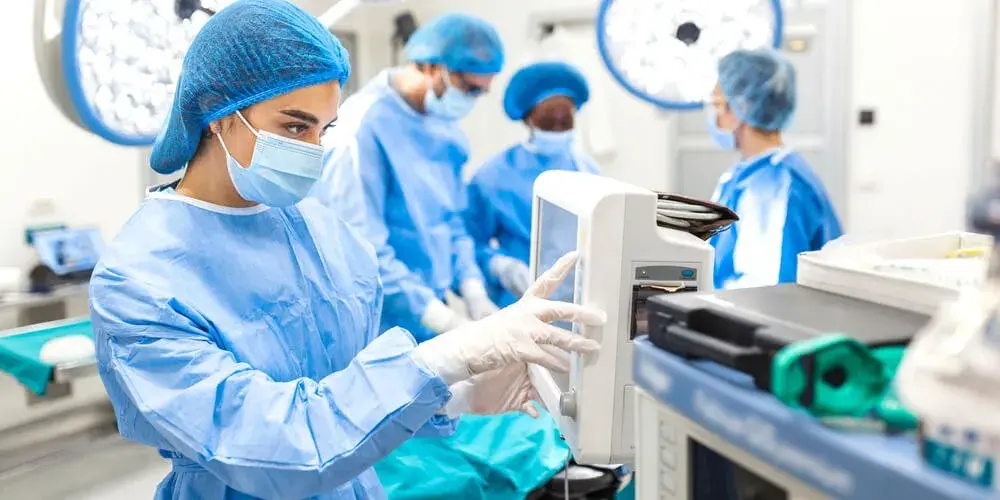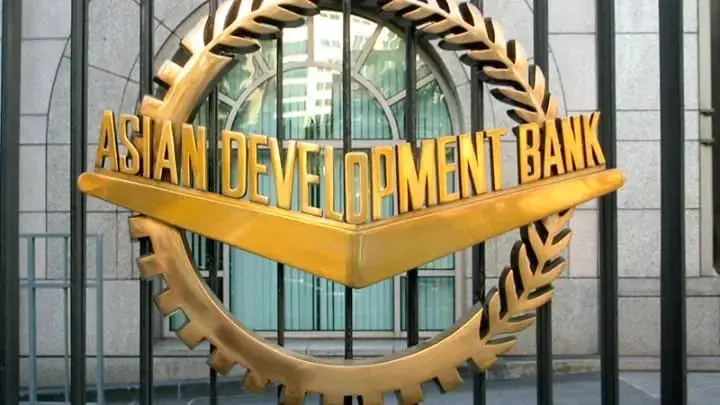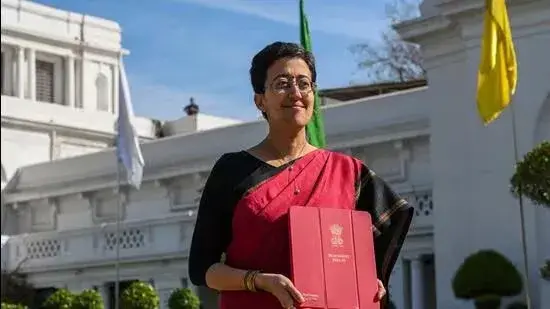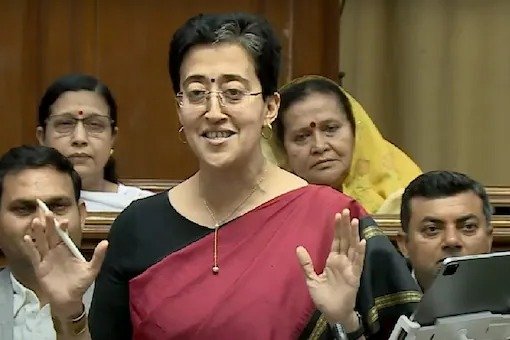Union Budget 2024: Health Sector Sees Marginal Increase, NHM Allocation Rises Amid Infrastructure Cuts
The Union Budget 2024, presented by Finance Minister Nirmala Sitharaman, revealed a modest 1.7% increase in the health sector allocation, bringing the total outlay to Rs 87,656 crore for the fiscal year 2024-25. Despite the increase, major announcements for the health sector were noticeably absent. One of the significant allocations was for the Ayushman Bharat health insurance scheme, which provides a Rs 5 lakh cover to the poorest 40% of the population. The allocation for this scheme increased slightly from Rs 7,200 crore last year to Rs 7,300 crore this year. The National Health Mission (NHM) received a substantial boost, with its allocation rising to Rs 36,000 crore from Rs 29,000 crore last year. The NHM focuses on reproductive, maternal, newborn, child, and adolescent health services, non-communicable diseases control, and enhancing access to comprehensive primary health care. However, the PM-Ayushman Bharat Health Infrastructure Mission (PM-ABHIM) saw a reduction in its budget from Rs 4,200 crore last year to Rs 3,200 crore this year. The revised estimate for this mission was even lower at Rs 2,100 crore. PM-ABHIM was launched to improve health infrastructure, including health centers, labs, and critical care hospital blocks, especially during the pandemic. Another infrastructure mission, the PM Swasthya Suraksha Yojana, also faced budget cuts, with its allocation dropping from Rs 3,365 crore last year to Rs 2,200 crore this year. This scheme supports the establishment of new AIIMS and the upgradation of district hospitals. The Ayushman Bharat Digital Health Mission (ABDM), which aims to create a digital health record platform for every citizen, saw its budget reduced from Rs 341 crore last year to Rs 200 crore this year. Despite this, the government plans to roll out its U-Win vaccine management portal as part of a 100-day plan, linking it to ABHA accounts for seamless health records. The tele-mental health program’s allocation decreased from Rs 133.7 crore to Rs 90 crore. This program was launched in the 2022 Budget to address mental health issues post-Covid-19 through a network of 23 mental health centers of excellence under NIMHANS. In contrast to the interim Budget’s significant health sector announcements, such as expanding the Ayushman Bharat insurance scheme and promoting HPV vaccination, the current Budget made only minor mentions. The Finance Minister’s speech included a reduction in custom duty on three cancer drugs and components for manufacturing X-ray machines.




